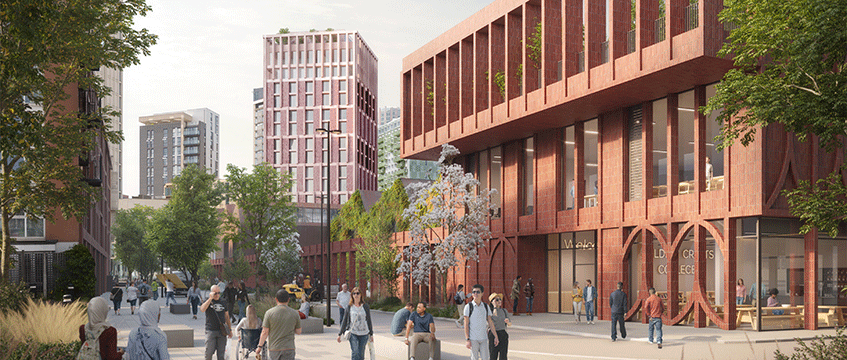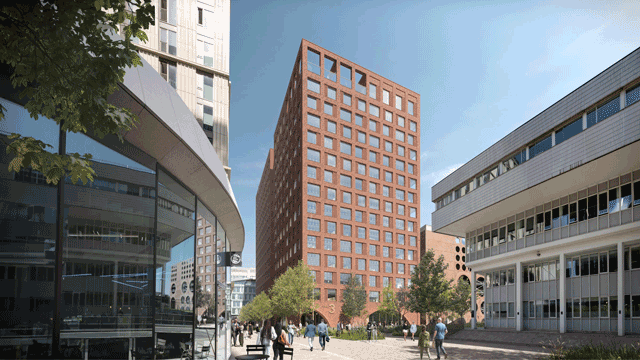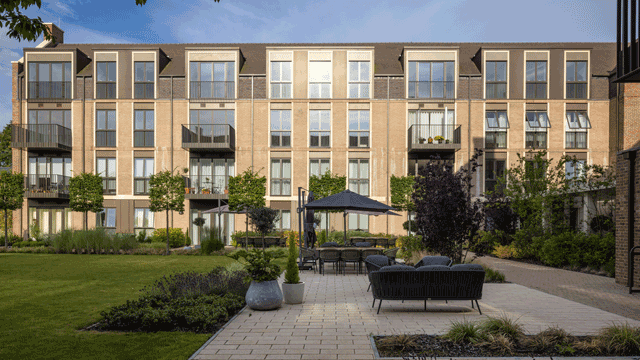COMMENT You have until 5pm on 24 July to express your thoughts on the shame-faced deal done between seven housebuilders and the Competition and Markets Authority last week. Forget it, the CMA “does not intend to publish” responses to this fig-leaf consultation. The septet built 73,000 homes last year. They will hand over £100m to government, about £1,370 per sale, making no admission of guilt. The CMA will pigeonhole evidence of information swapping. Earmarking the cash for a few hundred affordable homes is the political bow on top of the neat package. That’s all right then, is it?
It’s best to look at the context before answering that question. The CMA has civil powers to fine companies up to 10% of their turnover for breaches of the 1998 Competition Act. The developers investigated were Barratt Redrow, Taylor Wimpey, Persimmon, Bellway, Vistry, Berkeley and Bloor. The seven had combined revenues of £22.6bn last year and made a collective profit of £1.9bn. A maximum fine of £2.26bn glimmered. But only at a distance. For “proof of harm” has to be both established and monetised.
The CMA says it “has not reached a view as to whether there is sufficient evidence” of infringements. What it did find was that between January 2022 until February 2024, the parties “regularly and frequently” shared information on agreed sales prices, incentives, reservations, cancellations, visitor traffic and numbers sold. But how on earth do you prove that Mr Anyone might have got his three-bed semi for £10,000 less if the builders in the local area were fighting a vicious price war? A near-impossible task given the standards of proof needed. The housebuilders were right to hang tough.
Proof of the dilemma arose when CMA chief executive Sarah Cardell was asked the obvious question on the BBC’s Today programme. Had “people had overpaid for their house?”. Her response was to burble on about money for more affordable homes. The question that wasn’t asked is: “How long have housebuilders shared trading data?” Unless the practice stopped in 1983 and began again at the start of the CMA inquiry in January 2022, the answer is: from time immemorial. I spent six years pre-1983 working at one of the above. The discreet sharing of trading data barely raised an eyebrow.
Given these circumstances, it is not hard to see how the discussions ended up as a compromise. The low point was in January 2022 when then housing secretary Michael Gove accused the housebuilders of “acting like a cartel”. A remark that triggered the CMA inquiry. Gove was a scourge of housebuilders. In March 2023 he forced 39 to sign a pledge to carry out post-Grenfell repairs to their stock. The cost to date is estimated at £1.5bn. He then imposed the Building Safety Levy on developers, aimed at raising £3.4bn over 10 years for other Grenfell-related repairs.
By comparison, Angela Rayner has been a softie, saddled by Keir Starmer with the impossible pledge of building 1.5m homes by 2029. Her entire team is beset by the illusion that making planning easier will help achieve this. They are doing their damnedest to fix what does need to be fixed. But to what effect?
The date for the BSL has been postponed until October 2026 to appease housebuilders. They continue to feed the self-serving illusion that faster planning will equal more homes. Of course they do. Meanwhile doing exactly what any business does: only producing what you can sell at a profit. Savills estimate that will bring 840,000 new homes by the end of Labour’s first term.
Peter Bill is a former editor of Estates Gazette
Image © Colin Miller
Follow Estates Gazette











